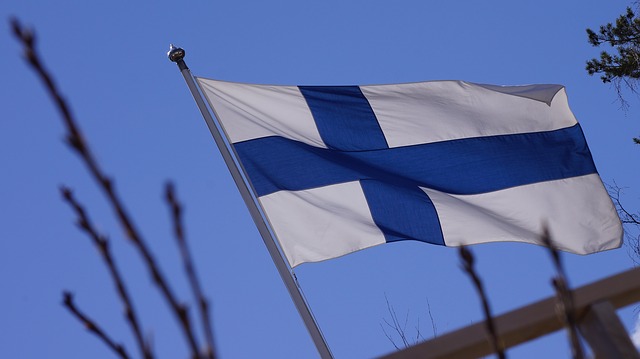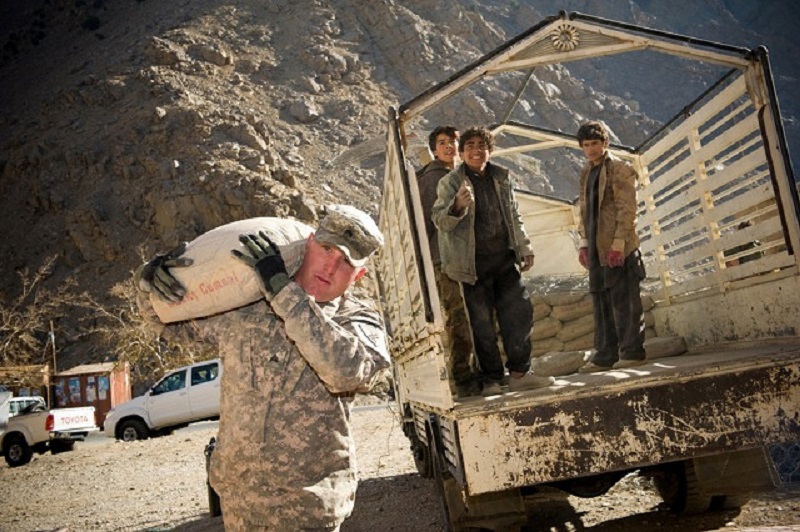On April 19 2015, the election of Juha Sipilä and the Centre Party in Finland brought to a close the reign of Alexander Stubb’s National Coalition Party (NCP). While security took a back seat to economic issues in the election debates, it is clear that a government formed around the Centre Party will be more skeptical of NATO membership than its predecessor. Finland is one of two countries in the Nordic region along with Sweden to remain non-aligned, and the question of its membership in the military alliance has been raised by politicians and placed under increased scrutiny following Russian aggression this past year.

Though the population has long opposed NATO membership the latest polls show that well over 50% of Finns disapprove of joining the Alliance, its politicians have been reluctant to close the door entirely. Former Prime Minister Stubb has long been an advocate for joining the Alliance, though he has stated that now “isn’t the right time for NATO membership,” citing a lack of public support in Finland and “stormy weather” in Russia. And Finland’s President, Sauli Niinistö has contended membership is an ”available option,” though he has also advocated for a referendum on the matter.
The incoming Sipilä has also made sure not to close the door on the membership issue, even though he himself is opposed to joining the organization. The nationalist Finns Party won the second most seats in the vote and is divided on the subject of NATO. Even Chairman Antti Rinne of the Social Democrats who came fourth in the elections and are the most NATO-averse of the major parties supports a referendum on joining the Alliance, though he personally does not see membership as serving Finland’s interests.
Those on the fence regarding membership have a number of reasons for their reluctance. Chief among them, however, is the question of how to handle Finland’s complex relationship with its large eastern neighbour.
Verbal and physical threats from Russia provide ample reason to tread lightly on the issue. President Putin’s senior political advisor, Sergei Markov, has said that if Finland were to join NATO, it could “start World War III.” Last year, Andrej Illarionov, Putin’s former chief economic advisor, told a Swedish newspaper that the President sought to “conquer” Finland in order to create “historical justice.” In the past year, Finland has experienced five violations of its airspace by Russian planes, including three in the same week in August – an unacceptable number for any country.
This kind of bellicosity is not unheard of in Finland’s neighbourhood. Sweden has seen Russian incursions into its airspace and sovereign waters. Last month, Russia’s Ambassador to Denmark warned that “Danish warships [would] become targets for Russian nuclear missiles” if the Scandinavian country were to join NATO’s missile defence system. Exercises involving 40,000 to 80,000 Russian troops near Estonia’s border have worried the government in Tallinn.
Unlike its Swedish neighbour, however, Finns may feel more confident in their country’s ability to remain non-aligned in the face of Russian threats. Finland boasts an army of 250,000, with conscription. Finland was also able to scramble its jets in response to its airspace violations, a response that President Niinistö thinks should be sufficient to discourage further aerial aggression.
But another key reason for Finnish reluctance regarding NATO is, paradoxically, Helsinki’s good relations with Moscow in other areas. Their economies are deeply integrated, so much so that Finland took issue with a recent tightening of sanctions on Russia over its aggression in Ukraine. In addition, it likely serves both countries to maintain a stable border as volatility reigns elsewhere along Russia’s western frontier. All told, both sides would stand to lose in a confrontation.
Some have argued that both Finland and Sweden—who have a tacit agreement that they would join NATO together if they were ever to make the move—should stay out of NATO. Finland already has close ties with NATO, and would likely be assured of Alliance or EU support in the event of a Russian attack. Similarly, NATO may have little to gain from the formality of Finnish membership, suggesting that the move may not be worth the hostilities with Russia. The latter country sees itself as surrounded, and Markov’s comment about World War III weighs heavily.
Finland’s relationship with Russia has long been a delicate affair. From the ‘Finlandization’ of the Cold War to the carefully managed non-alignment of today, the Nordic country has done well to balance its security with its independent foreign policy. Though both the Centre Party and the larger Finnish population are unlikely to support NATO membership anytime soon, it is clear that the door remains open. As Russia continues to prod, threaten, and aggress those around it, Finland’s yet-to-be-formed government will have much to consider in deliberating membership in the alliance.




